The Value of Your Company Unveiled Thanks to Modern ERP Financial Reporting

In small and mid-cap life sciences companies, finance teams are stuck in legacy accounting practices that stifle innovation. Bloated Excel sheets, convoluted explanations, and feedback loops that feel more like interrogations leave R&D teams frustrated and distracted. These outdated processes don’t just waste time—they erode the value of R&D itself. It’s time for non-finance leaders to demand streamlined, transparent tools that support growth, not block it.
As a result, the journey from lab to market hinges on the seamless integration of R&D with strategic financial oversight.
Below, we explore why CFOs – and stakeholders – must rethink their approach, replacing outdated methods with more modern and integrated solutions to protect and amplify R&D success.
Outdated Accounting Practices Hold Back R&D Success

In small and mid-sized life sciences companies, outdated accounting methods in finance are causing more harm than meets the eye. Legacy systems—marked by complex Excel spreadsheets and lengthy feedback loops—are overwhelming R&D teams. These inefficient practices waste time and drain the value of R&D, leading to delays in innovation. It’s time for non-finance leaders to push for streamlined, transparent accounting tools that drive progress rather than hinder it. The path from lab to market depends on integrating R&D with modern, strategic financial oversight. CFOs and stakeholders must embrace up-to-date, integrated solutions to secure R&D success and company growth.
Outdated Accounting Processes Hinder Revenue Recognition Efficiency

Outdated accounting processes in small and mid-sized life sciences companies significantly hinder revenue recognition efficiency. Reliance on legacy systems and manual methods leads to inaccuracies and delays, especially when scaling operations. To address these challenges, companies should modernize their financial processes by implementing advanced ERP systems and adopting automation. These changes will improve accuracy, efficiency, and scalability, ensuring compliance with revenue recognition standards like ASU 2014-09 and IFRS 15. By upgrading systems, companies can streamline revenue recognition, ensure compliance, and drive growth. 
Shipping IMPs for Clinical Trials in Europe: Best Practices

Shipping Investigational Medicinal Products (IMPs) for clinical trials in Europe is a critical yet complex process. IMPs, being unapproved drugs used in clinical trials or Early Access Programs (EAPs), require meticulous handling to navigate customs regulations, value-added taxes (VAT), and specific local requirements. Common mistakes in this process can lead to significant delays and increased costs. To avoid these pitfalls, it’s essential to understand and adhere to best practices, ensuring compliance and efficiency in the supply chain. For a comprehensive guide on these practices, refer to the full article.
